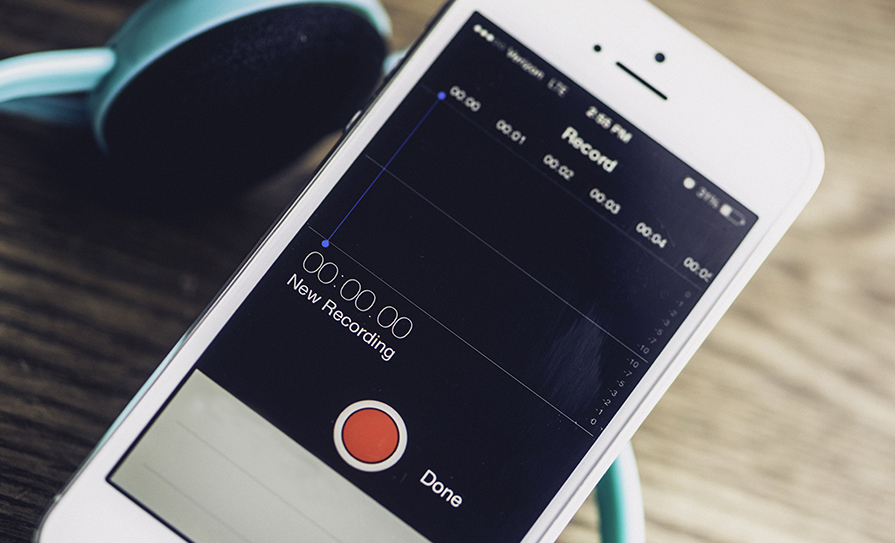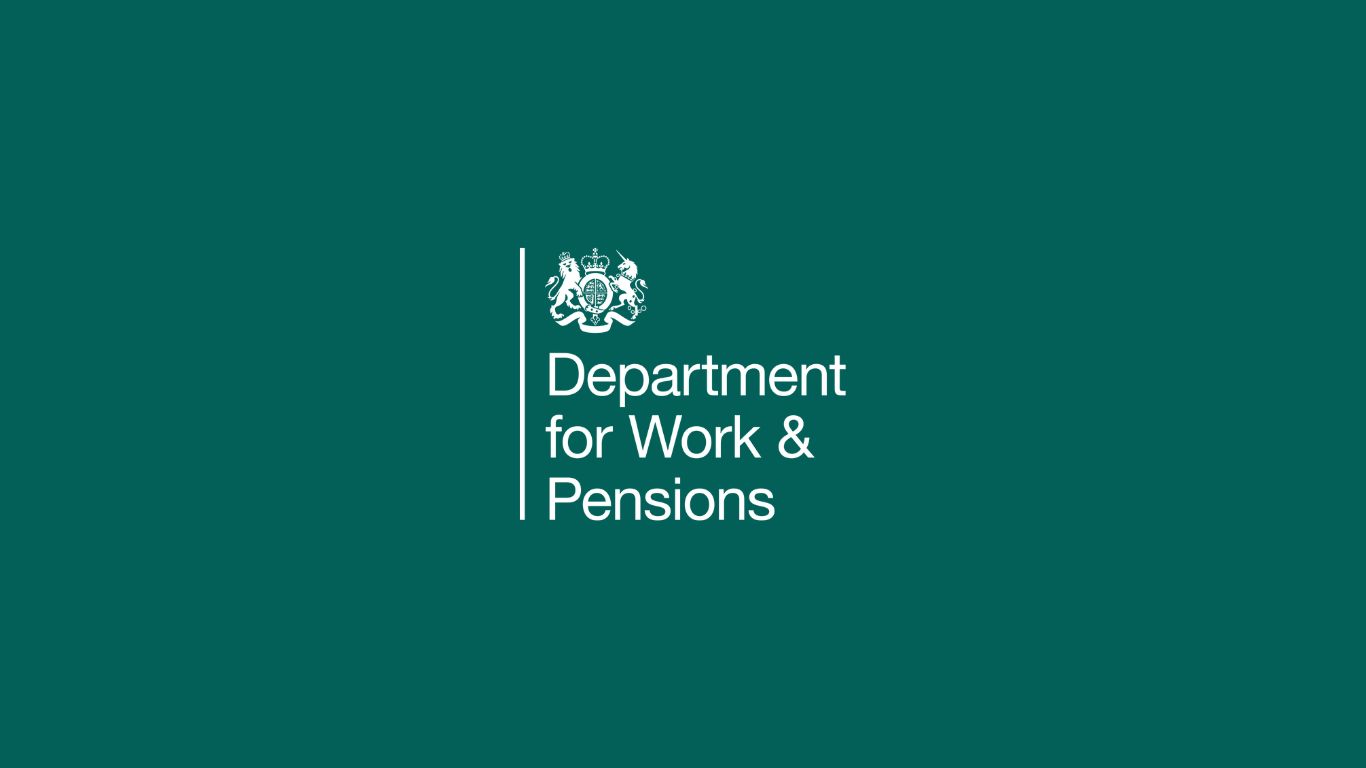Guidance for GP Surgeries on Patients Recordings Consultations
Introduction
This guidance has been developed to assist GP surgeries in navigating the growing trend of patients requesting to record consultations. With patients increasingly using smartphones and other devices to record their interactions with healthcare professionals, it's important to establish clear practices that respect both patient rights and doctor privacy. This document consolidates advice from the General Medical Council (GMC), the British Medical Association (BMA), and the Medical Defence Union (MDU) to provide practical recommendations for handling recording requests in a manner that maintains trust and professionalism in the doctor-patient relationship.
For further details, this guidance draws on insights from the BMA's article on patient recordings, and the MDU's perspectives on recording consultations and handling covert recordings.
Encouraging Open Recording
- Support for Recordings: Patients increasingly request to record consultations, which can benefit both them and doctors. Recordings can help patients recall important advice, involve family members in their care, and support those with memory or cognitive impairments. It’s advisable to allow these recordings openly and consensually, as it fosters trust and reduces the likelihood of covert recordings.
- Patient Rights: Patients do not need doctors' permission to record consultations since the information is personal and exempt from data protection laws. The Information Commissioner's Office (ICO) confirms that recordings made for personal use are outside the scope of GDPR. More details on patient rights and the benefits of recordings can be found in this BMA article.
- Doctor’s Privacy: While patients have the right to record, doctors have a reasonable expectation of privacy. It's important to encourage patients to seek consent out of courtesy and respect, promoting a positive doctor-patient relationship.
Handling Recording Requests
- Responding to Requests: When a patient requests to record a consultation, it’s best to support the request. Invite the patient to record openly and ask for a copy to be stored securely in their medical records. This reassures the patient and ensures the recording is part of their official care documentation. The Medical Defence Union (MDU) provides practical advice on this approach here.
- Addressing Concerns: If you're concerned about being recorded, discuss your concerns with the patient sensitively. Explain that your primary aim is to provide the best care possible, and clarify that recordings are often used to aid understanding, not to catch mistakes. Reassure them about the secure handling of the recording.
Dealing with Covert Recordings
- Professional Conduct: If you discover a patient has made a covert recording, remain professional. Understand that while it may be unsettling, it usually doesn’t indicate malicious intent. If you consistently act ethically and professionally, such recordings should not pose a problem. The MDU discusses the implications of covert recordings in more detail in their journal article.
- Continuing Care: Your duty of care requires you to continue treating the patient, even if they insist on recording against your preference. Refusing to do so could damage the relationship and might be seen as unprofessional, potentially leading to further complications.
Legal Considerations
- GMC Expectations: The General Medical Council (GMC) expects doctors to obtain patient consent before making recordings and only permits covert recordings with legal authorisation in extreme circumstances, such as investigating serious crimes.
- MDU Advice: The Medical Defence Union (MDU) advises a pragmatic approach: assume the best intentions from patients, continue to act professionally, and remember that recordings, whether covert or overt, can support your actions in legal or disciplinary settings.
By following these guidelines, GP surgeries can navigate the complexities of patient recordings while maintaining trust and professionalism in their patient relationships.




